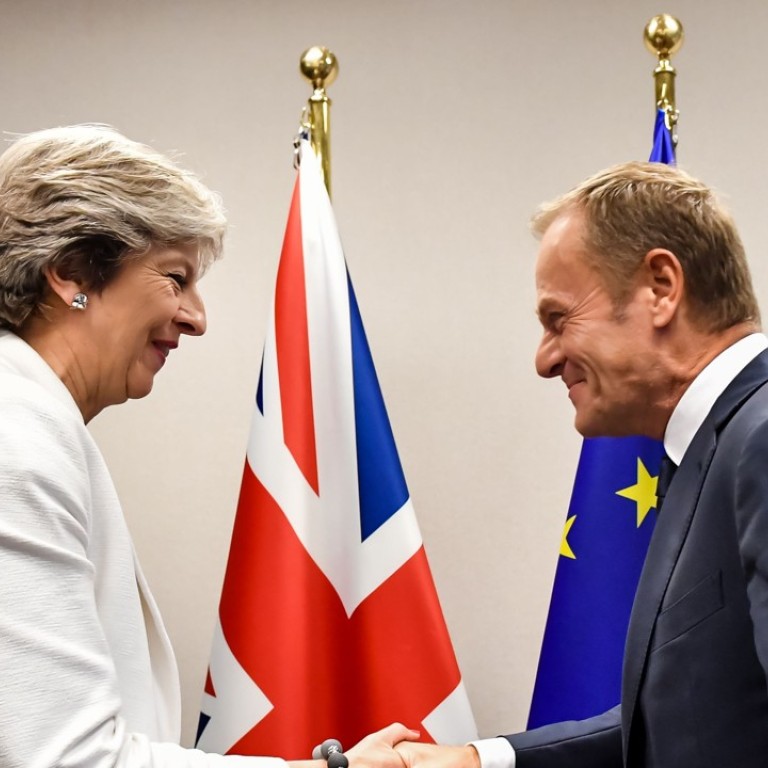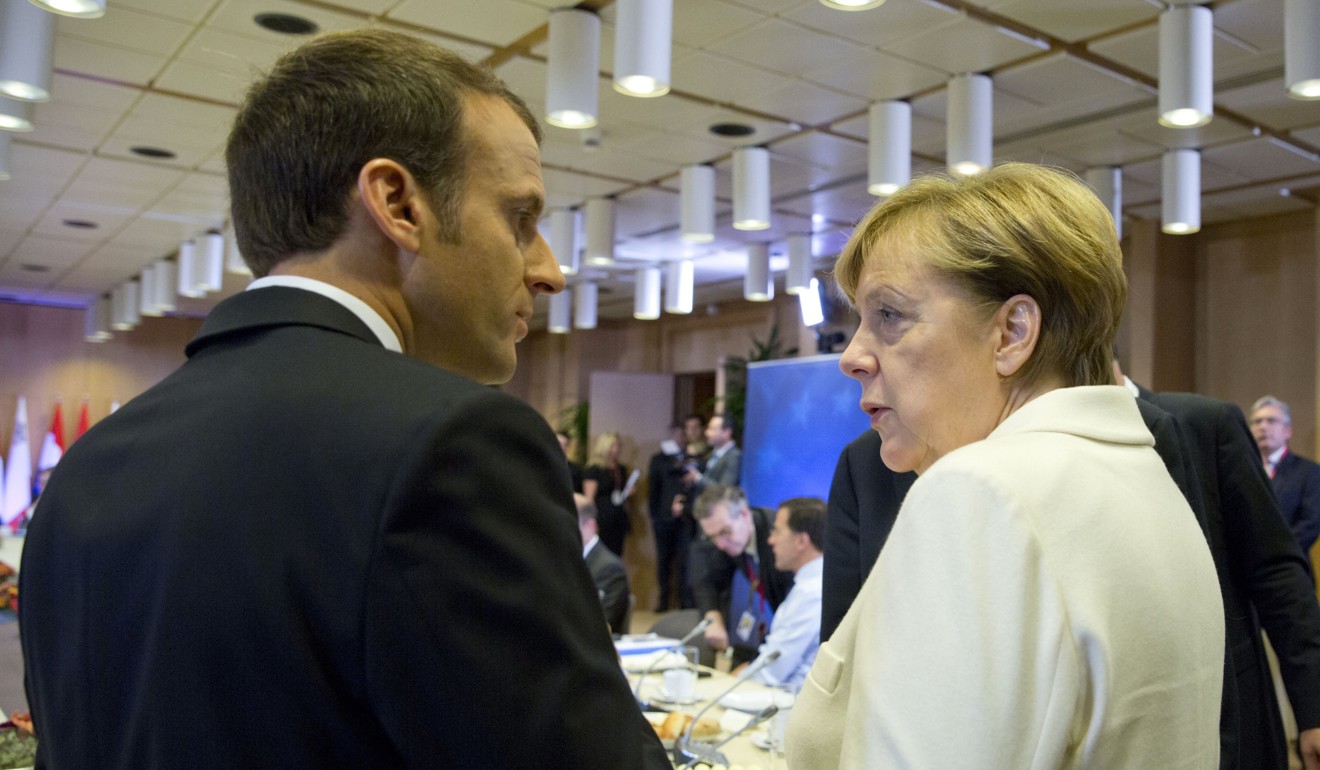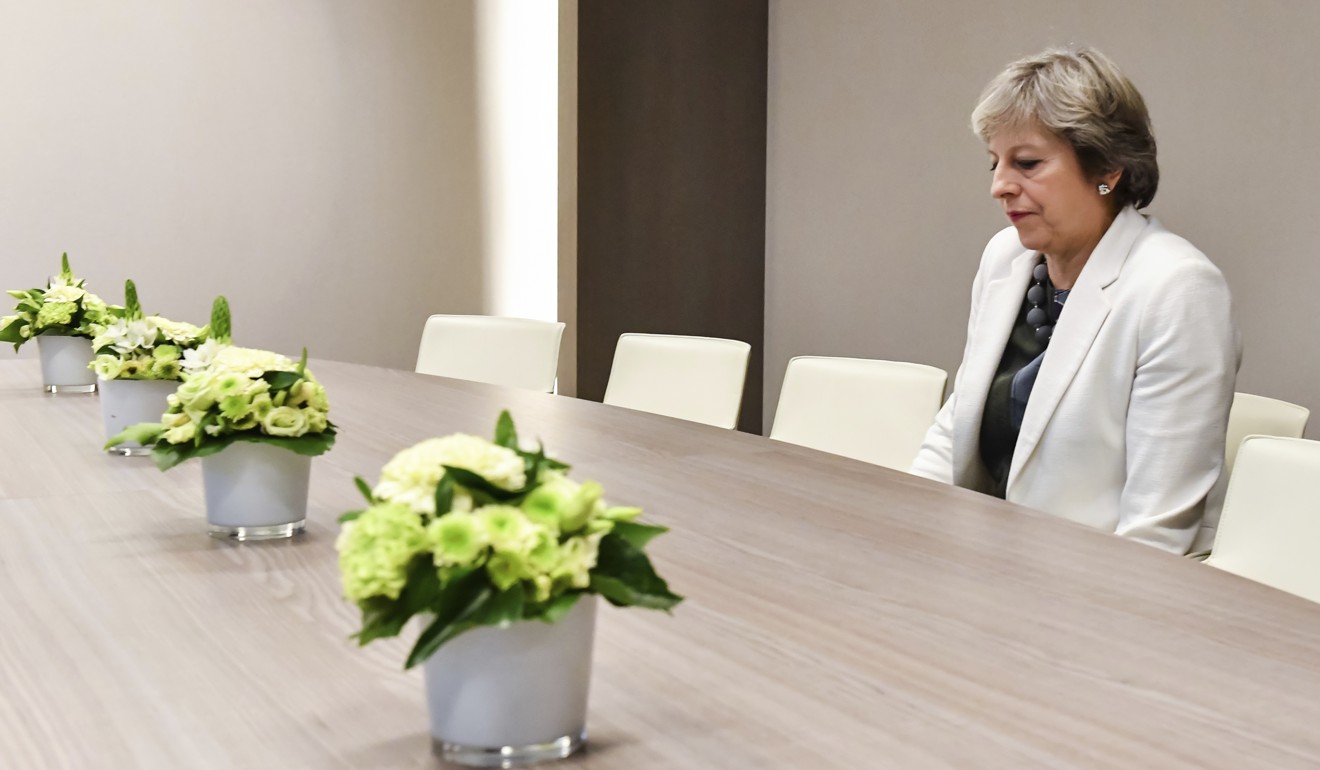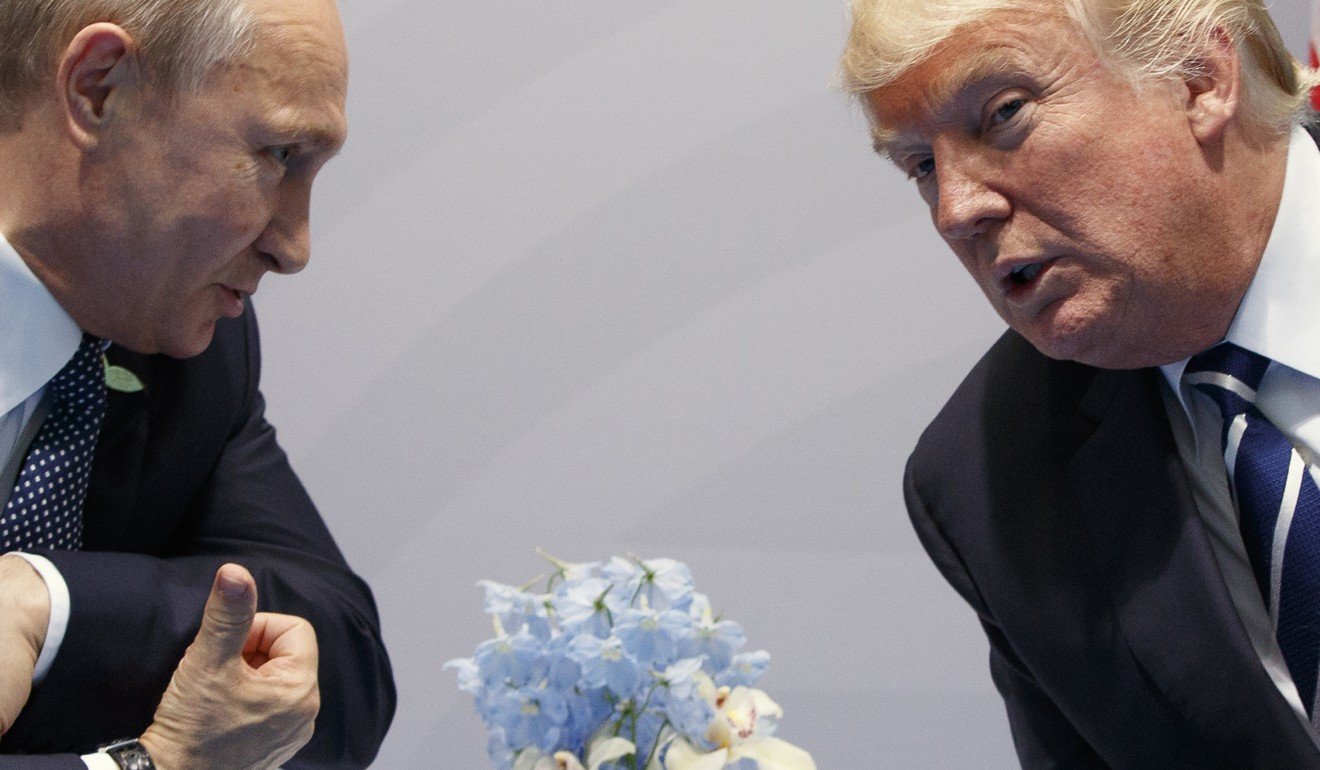
Four issues Theresa May must tackle to salvage Brexit talks
Andrew Hammond says the British prime minister needs to face facts on talks with the EU: the timeline for negotiating a Brexit departure isn’t long enough, and Europe has more to worry about than a soft exit by the UK
With the stakes so high, there are at least four fundamental issues May needs to tackle to break the impasse.

Where’s the ball? UK and EU exchange volleys over Brexit
First, she needs to show more honesty about what Britain can achieve. Hoping Brexit could be completely settled between March 2017 and 2019 was always unrealistic. More clarity is also needed on how much the UK might pay as exit contributions to the EU as part of a transition deal.

Has Britain become a completely useless country these days?
Third, May needs to better recognise that the EU is changing and Britain’s place in Europe will be shaped by this dynamic. The UK’s exit is only one of several challenges and opportunities confronting Brussels, like Russian relations, Nato’s future and US ties. A longer Brexit transition period would allow Britain and the EU time to better align.
Fourth, she should not lose sight of domestic politics beyond Brexit. Allowing a longer transition would give time to focus on real drivers of positive change in UK society such as education, infrastructure and productivity.

Rule of law and English language are key assets for Hong Kong to win British business in wake of Brexit, says trade chief
If May delivers, she will create the political capital and diplomatic space for a smoother pathway in Brexit talks. Brussels and the EU-27 will have to engage much more constructively in negotiations.
May must put country above party. This will not be easy, given her post-election political weakness. Subsequent public infighting in the government shows it has still not reconciled many key negotiating “trade-offs” by apparently wanting favourable post-Brexit ties without costs. This underlines how ministers fail to educate the public about Brexit.
October and November may be May’s last and best chance to get Brexit talks moving. If she can surmount the challenges, the prize could be a clearer course for positive relations with European allies.
Andrew Hammond is an associate at LSE IDEAS at the London School of Economics

